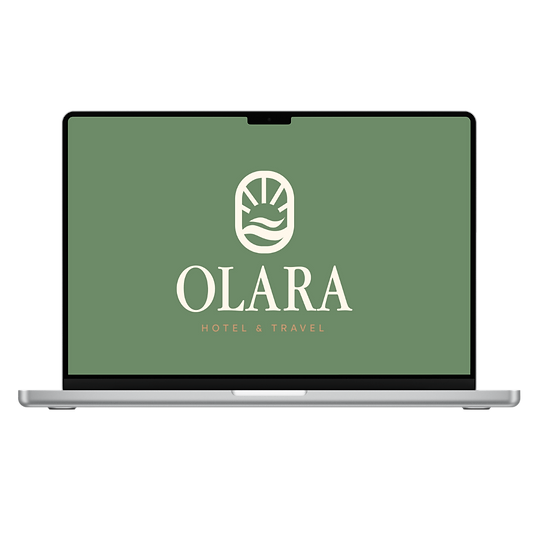context
For this e-commerce project, my team was tasked with designing a digital platform for a small beachfront hotel aimed at budget-conscious travelers. We developed Olara, a modular lodging concept for backpackers seeking flexibility, comfort, and community. We developed the idea from the bare concept of the experience to the graphic identity and later on development of the website.

.png)
research
My approach began with understanding the specific needs of our target audience: young, independent travelers who value choice, social interaction, and affordability. Rather than replicating traditional booking systems, we designed a personalized configuration flow—starting with an onboarding quiz to identify the user’s travel profile and recommend a tailored combination of rooms, services, and activities. All options were presented in modular, add-or-remove components, giving guests control over their stay and ensuring they only pay for what they use.

User generated content= value
Personalization is key
User understanding=success
Make it simple
Build community




process
Olara was designed to create a clear and intuitive navigation flow that reflects the flexible and modular nature of the hostel concept. The structure is organized around three main sections: Discover, which introduces users to the brand story and unique travel philosophy; Stay, which presents the different lodging options and services in a scalable, card-based layout; and Connect, which centralizes booking, contact, and community interaction. Each section was planned to minimize cognitive load through visual hierarchy, consistent labeling, and clear pathways between exploration and action. The navigation system supports both first-time visitors looking for inspiration and returning users ready to book, ensuring that information is easily discoverable and the experience remains fluid across devices.

prototype
Beyond the booking process, I wanted the platform to extend the guest experience into a social ecosystem. We integrated features such as group chats, event recommendations, and shared space highlights to encourage authentic interactions between guests. This focus on community transformed Olara from a simple reservation tool into a digital hub for connection and shared experiences.
Through this project, I applied human-centered design thinking—starting from user empathy, mapping customer journeys, and aligning digital touchpoints with the values of our audience. The result was not just a functional e-commerce site, but a platform that empowers users to shape their own travel experience while fostering a sense of belonging.
This project strengthened my ability to design from a strong core concept, ensuring that every design decision aligned with it throughout the process. It challenged me to think creatively and develop adaptive UX interfaces that seamlessly reflected the project’s vision.

